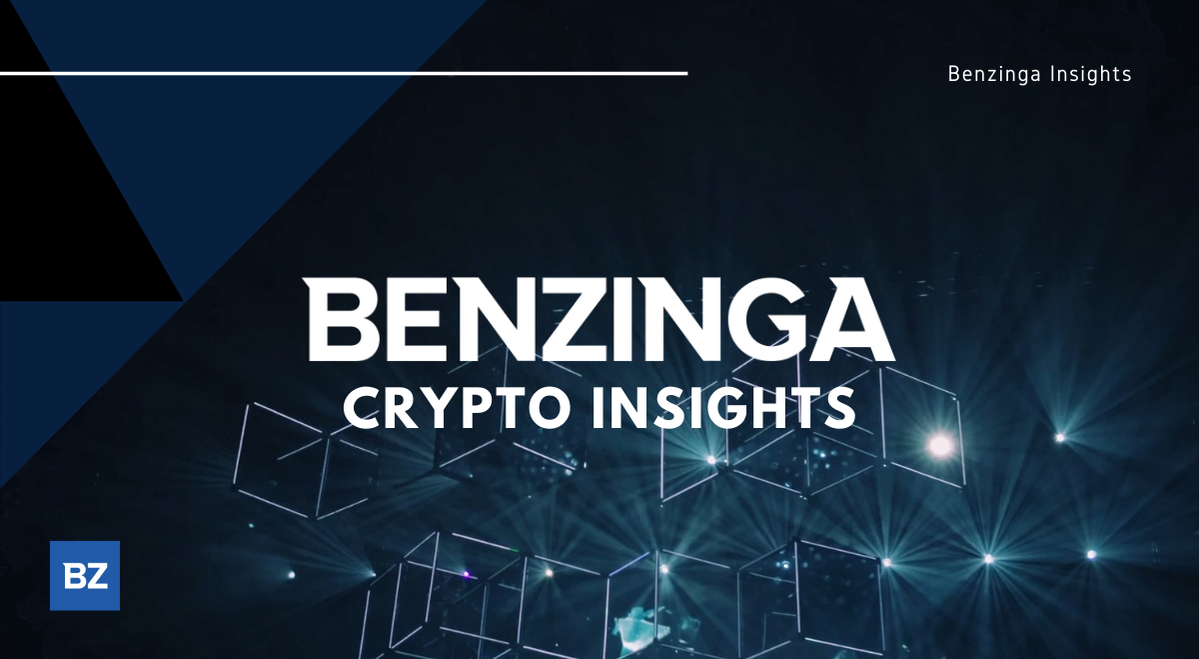Cardano Falls More Than 3% In 24 hours Cardano, Benzinga, Bollinger Bands by https://www.benzinga.com/

AI Insights:
Simple Explanation:
Cardano is a type of digital money that people can buy and sell. Lately, it has been losing value and becoming less popular among traders. This means that if someone bought Cardano before, they might not be able to sell it for as much money as they used to. Read from source...
Critical Perspective:
- The title is misleading and sensationalist, as it implies a dramatic drop in value without providing any context or comparison to other cryptocurrencies.
- The article does not explain the reasons behind Cardano's price decrease, such as market conditions, investor sentiment, regulatory changes, or technical issues.
- The article uses ambiguous and vague terms like "downward trend" and "volatility", without providing any specific data or examples to support them.
- The article does not mention any positive aspects of Cardano's performance, such as its development progress, community growth, partnerships, or adoption rates.
- The article relies on Bollinger Bands, a common technical analysis tool, without explaining how they are calculated, what parameters are used, and how they are interpreted.
- The article ends with a negative tone, implying that the coin's circulating supply is a problem, without providing any evidence or argument to back it up.
Investment Analysis:
We are not financial advisors. It's always essential for you to consult with a financial advisor and do your research before making any decisions about investments.
- Cardano is a decentralized public blockchain and cryptocurrency project that aims to provide a more secure and scalable alternative to Ethereum. It uses a proof-of-stake consensus mechanism, which reduces energy consumption and increases transaction throughput compared to proof-of-work systems.
- The main advantage of Cardano is its scientific philosophy and rigorous research approach, which allows it to address some of the most pressing challenges in the blockchain space, such as interoperability, scalability, security, and sustainability. It also has a strong development team, led by Charles Hoskinson, one of the co-founders of Ethereum.
- The main disadvantage of Cardano is its lack of network effect and ecosystem adoption, which limits its potential use cases and value proposition compared to more established platforms like Ethereum or Bitcoin. It also faces stiff competition from other smart contract platforms, such as Polkadot, Solana, and Cosmos, that offer similar features and benefits at a lower cost or faster speed.
- The price of Cardano is highly volatile and subject to market sentiment and speculation, which can result in large fluctuations in its value over short periods of time. It also has low liquidity compared to more popular cryptocurrencies, which means that it can be hard to buy or sell at a reasonable price or execute large orders without affecting the market.
- The risks of investing in Cardano include regulatory uncertainty, security breaches, hacking attacks, technical glitches, network congestion, scalability issues, interoperability problems, competition, and market manipulation. Additionally, since it is a cryptocurrency, it is not backed by any physical asset or government guarantee, which means that it has no intrinsic value and can lose all its value if demand drops or supply increases significantly.